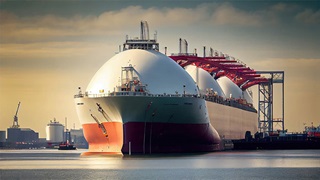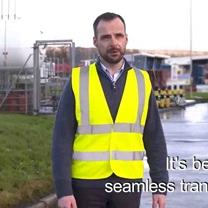
Sustainable transport fuel solutions for people and businesses going places.
From A to B with low-cost LPG and LNG fuel
Forklifts
Cut fuel emissions by up to 90%2 and running costs by 24%3. Switch from diesel to BioLPG to outperform diesel and electricity! Forklift trucks
Diesel is no longer the only route for fleet fuel! Today, you have a choice of mono and dual fuel options with LPG, BioLPG and LNG.
We know it takes years to build a good reputation and are committed to helping you protect it. Serving over 50,000 customers with energy across the industrial, commercial and residential sectors, we’re dedicated to providing a first-class service to your business, whatever its size.


What surprised me most about Calor is that it's been a seamless transition.Coca-Cola HBC — Coca-Cola HBC - Meeting sustainability goals with Calor BioLPG for their forklift fleet